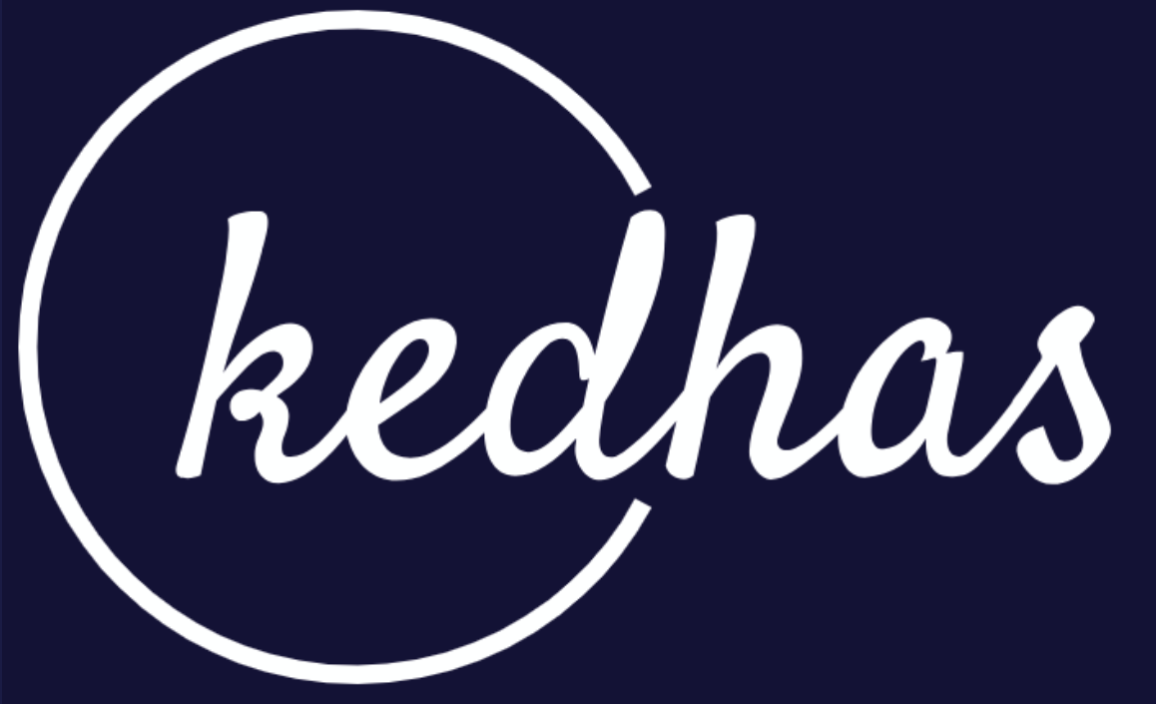Data Classes and Objects
Understanding the difference between data classes and objects in Kotlin, including their syntax, usage, and best practices for defining and working with these constructs.
Kotlin provides two powerful features for working with data: data classes and objects. Data classes are designed to hold data and automatically generate common methods like equals(), hashCode(), and toString(). Objects, on the other hand, are used for creating singletons or utility functions. This section will guide you through the basics of using data classes and objects in Kotlin.
Data Classes
Syntax
The basic syntax for defining a data class in Kotlin is as follows:
data class ClassName(val property1: Type1, val property2: Type2, ...)Example
Here's a simple data class that represents a person.
data class Person(val name: String, val age: Int)Generated Methods
Data classes automatically generate equals(), hashCode(), and toString() methods.
val person1 = Person("Alice", 30)
val person2 = Person("Alice", 30)
println(person1 == person2) // Output: trueObjects
Syntax
The basic syntax for defining an object in Kotlin is as follows:
object ObjectName {
// properties and methods
}Example
Here's a simple object that provides utility functions for math operations.
object MathUtil {
fun add(a: Int, b: Int) = a + b
fun subtract(a: Int, b: Int) = a - b
}Usage
You can use the object's methods without creating an instance.
val sum = MathUtil.add(5, 3) // Output: 8When to Use Each
-
Data Classes: Use data classes when you need a class primarily to hold data and you require methods like
equals()andhashCode()to be automatically generated. -
Objects: Use objects for utility functions or when you need a singleton, i.e., a class that has only one instance throughout the application.
Summary and Best Practices
- Use data classes for classes that are meant to hold data.
- Use objects for utility functions or singletons.
- Always specify the types of properties explicitly for better readability.
Data classes and objects are essential constructs in Kotlin that help you manage data and functionality effectively. Whether you're building Android Native applications or working on data manipulation tasks, understanding these features will significantly improve your Kotlin programming experience.
Book a conversation with us for personalize training today!

